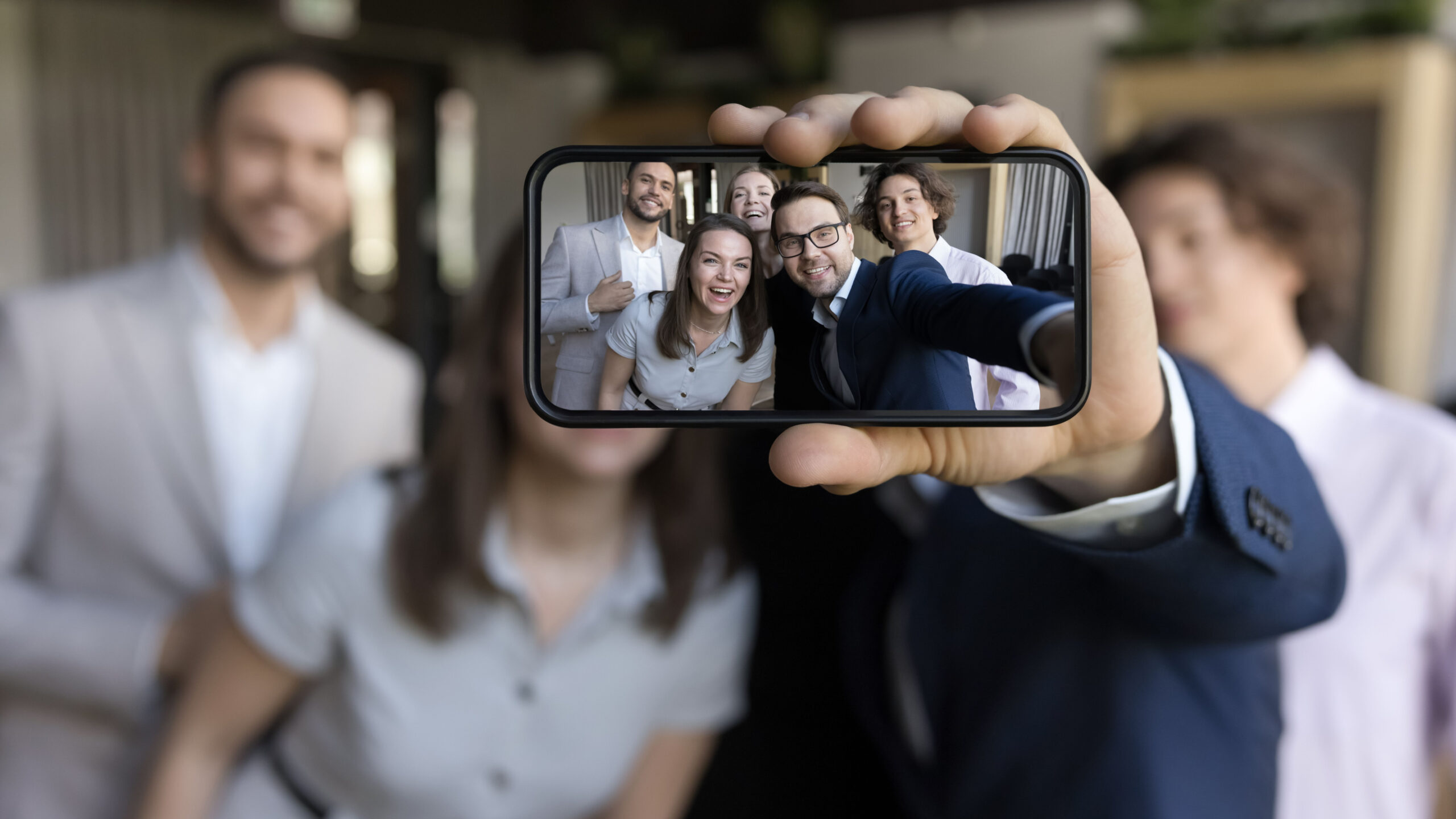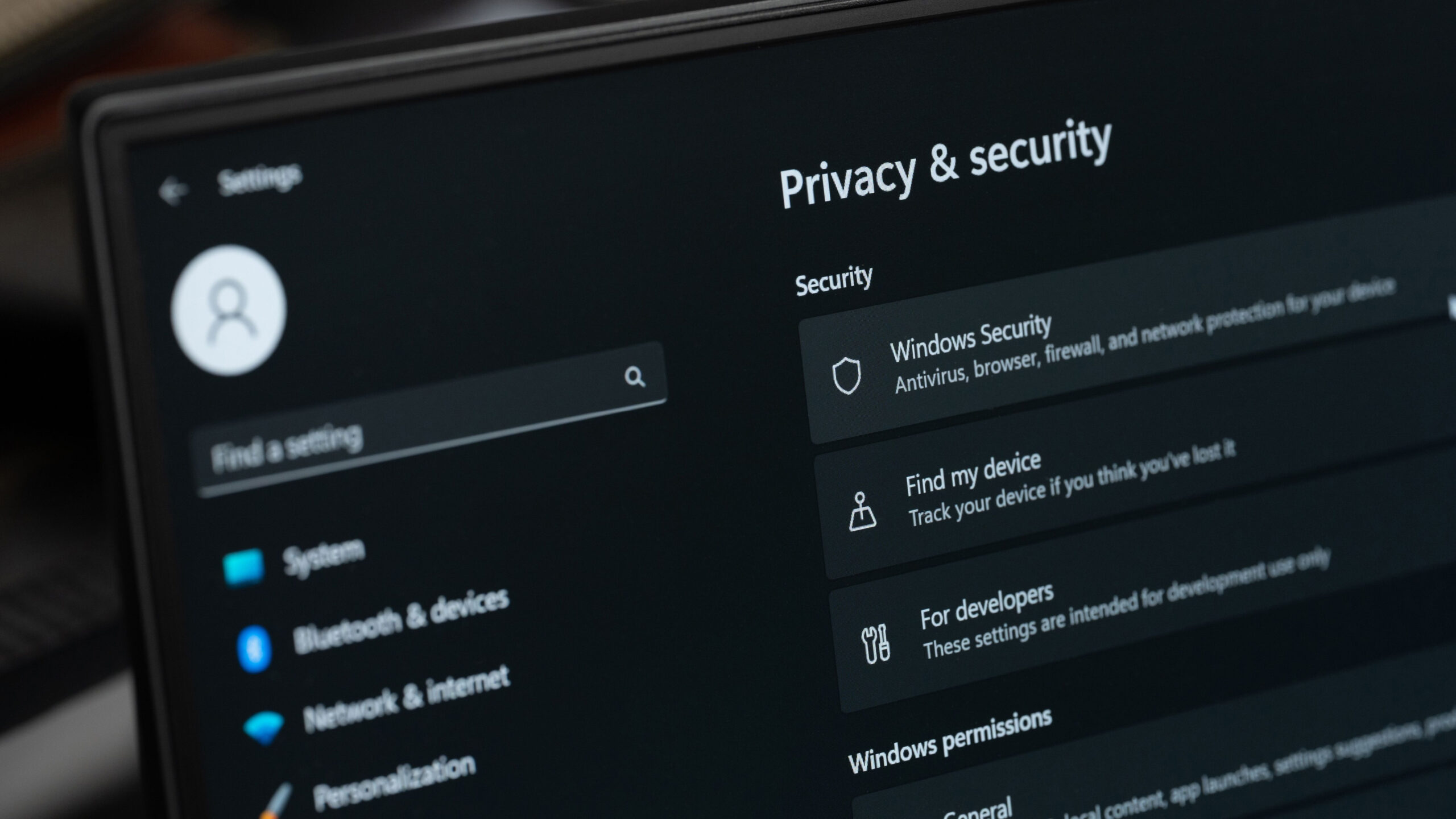DMCA Month Continues
Lately it seems like it’s all DMCA all the time. In addition to last week’s hearing on Section 512, and yesterday’s announcement that Viacom and Google settled their seven-year copyright litigation involving the safe harbors, tomorrow the PTO and NTIA are holding a multistakeholder forum on the notice and takedown system. (Eric Goldman also informs us about a CafePress suit over Section 512 safe harbors, and Eriq Gardner reminds us that there is a verdict forthcoming in the MP3Tunes case.)
Tomorrow’s PTO/NTIA event comes out of last summer’s Commerce Department Green Paper, and is not a rehash of the hearing; the timing is merely coincidental. Despite the similarity in subject matter, the goals of these inquiries are very different. Whereas the hearing explored policy questions about the design and effectiveness of the DMCA, the PTO and NTIA’s stated objective is different. The Federal Register notice explains the Commerce Department’s intentions:
[T]he Task Force stated its intention to establish an open multistakeholder forum aimed at improving the operation of the notice and takedown system for removing infringing content from the Internet under the Digital Millennium Copyright Act (DMCA).
. . . .
The goal of the open multistakeholder forum is to provide a collaborative forum through which stakeholders will identify best practices and/or produce voluntary agreements for improving the operation of the DMCA notice and takedown system.
Thus, Commerce is focused on improving the operation of the existing statute and the existing processes under the law, rather than changing them.
As agencies, Congress, and courts consider the DMCA notice and takedown provisions, it’s important to keep in mind that no amount of enforcement is going to work if there aren’t easily-accessed lawful alternatives.








